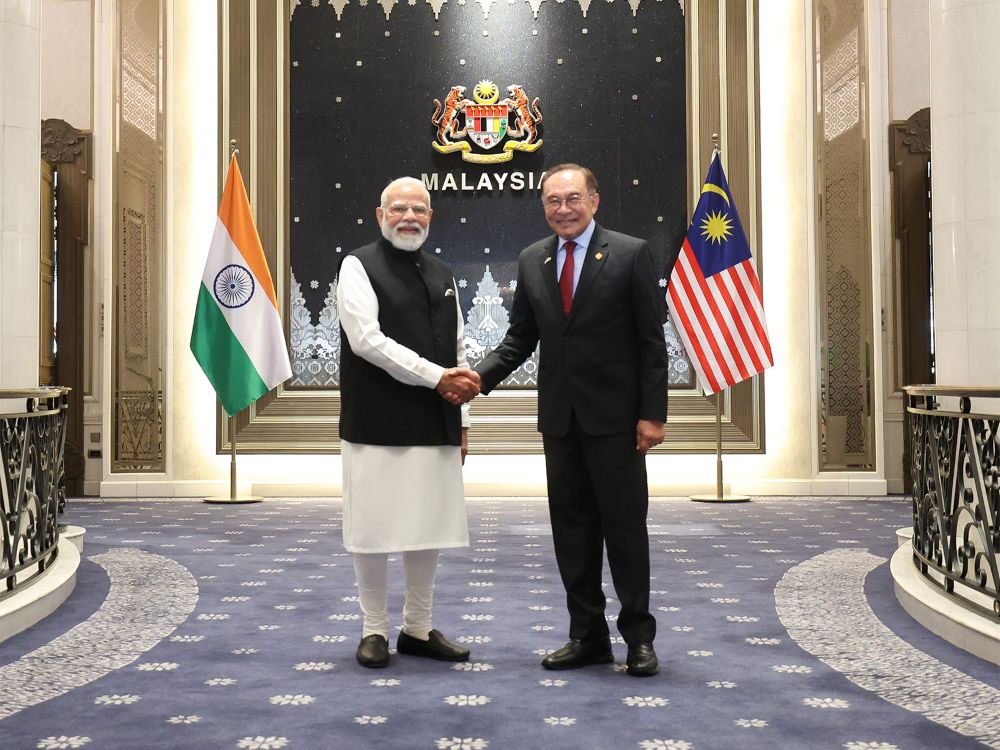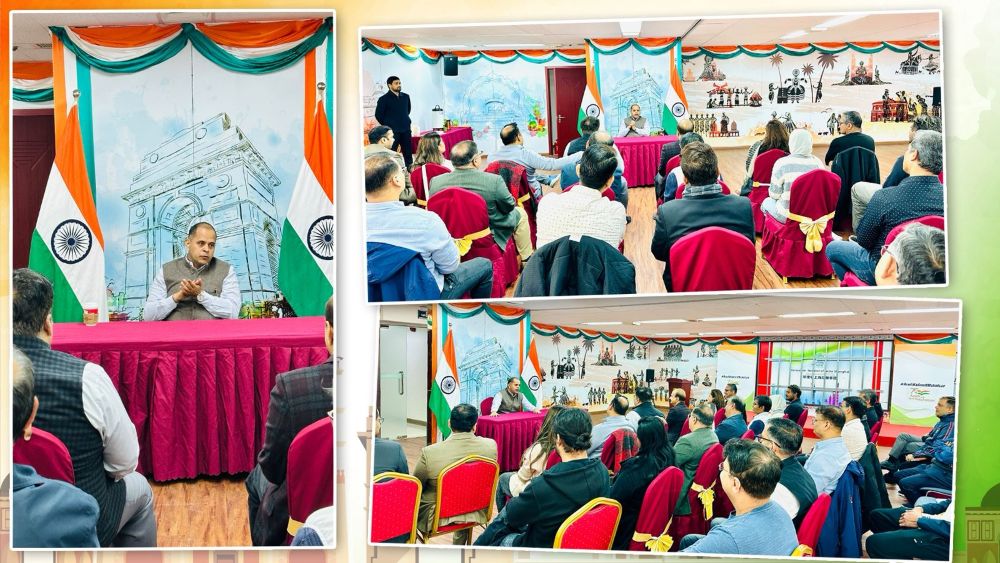Our Bureau
Sao Paulo
Brazil is tightening its immigration policies to address the rising number of illegal migrants from Asia, particularly India, Nepal, and Vietnam, who exploit the country as a transit point to reach the United States and Canada. Starting August 27, travelers from these nations will need visas to enter Brazil, a significant shift aimed at curbing the misuse of Brazilian airports as waystations for onward journeys.
The Brazilian government has observed a troubling trend where migrants book flights with layovers in São Paulo but do not continue to their intended destinations. Instead, they remain in Brazil to apply for asylum, seeking refuge as a means to eventually migrate north. This tactic has led to a dramatic increase in asylum requests, with over 70% of applications at São Paulo’s international airport coming from individuals of Indian, Nepalese, or Vietnamese origin. In 2024 alone, Brazil’s Federal Police reported receiving 9,082 asylum requests by mid-July, more than double the total for the entire previous year.
Under the new regulations, travelers arriving in Brazil without the appropriate visas will be required to either continue their journey to their pre-booked destinations or return to their countries of origin. This policy aims to alleviate the strain on Brazil’s immigration system, which has been overwhelmed by the influx of migrants. Federal Prosecutor Guilherme Rocha Gopfert emphasized the need for swift processing of these asylum requests to prevent further disruption at the airport.
Brazil has long been known for its open-door policy towards refugees, particularly those fleeing crises in regions like Afghanistan, Syria, and Ukraine. However, the current administration, led by President Luiz Inacio Lula da Silva, has begun to adopt a more cautious approach. While Brazil continues to issue humanitarian visas, the criteria for obtaining them have become stricter, reflecting concerns over the growing number of migrants and the potential for exploitation of the asylum system.
Investigations have revealed that many migrants are being advised by criminal organizations to exploit Brazil’s visa-free transit policies. These networks often facilitate the use of fake documents and guide migrants through perilous routes, including treks through the Amazon. The goal is to reach Central America and ultimately the U.S. border, where they hope to seek asylum.
The upcoming changes are part of a broader strategy to manage immigration more effectively while preserving Brazil’s humanitarian commitments. The government is also working with airlines to ensure that migrants receive basic necessities while waiting for their asylum applications to be processed. This initiative reflects a growing recognition of the complexities surrounding migration and the need for a balanced approach that addresses both humanitarian needs and national security concerns.
As Brazil implements these new restrictions, the impact on migrants and the broader implications for regional migration patterns will continue to unfold. The situation highlights the intricate dynamics of international migration and the challenges faced by countries navigating the fine line between compassion and control.


























